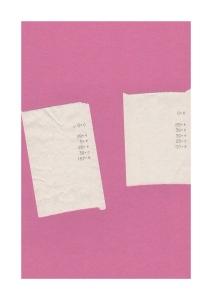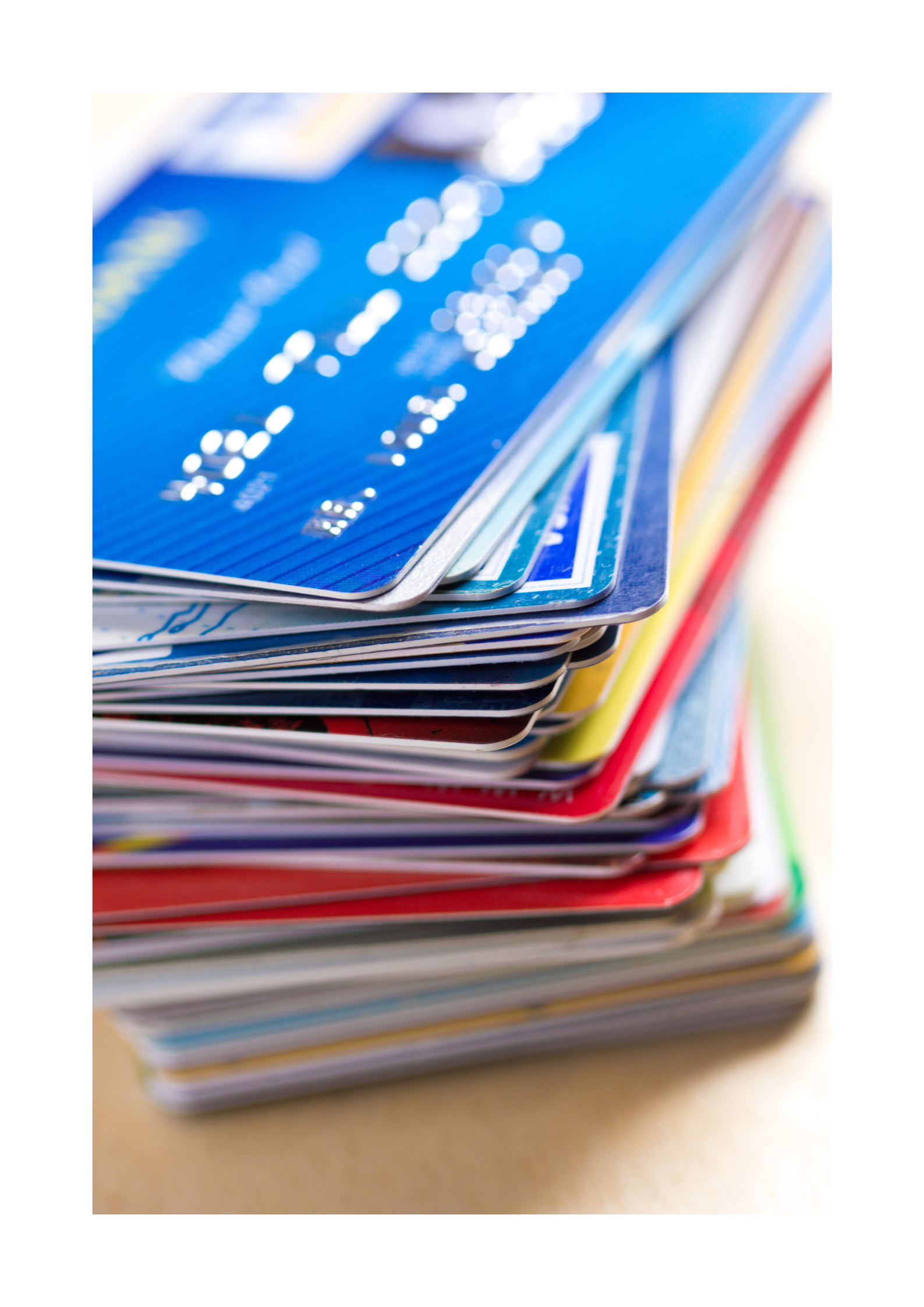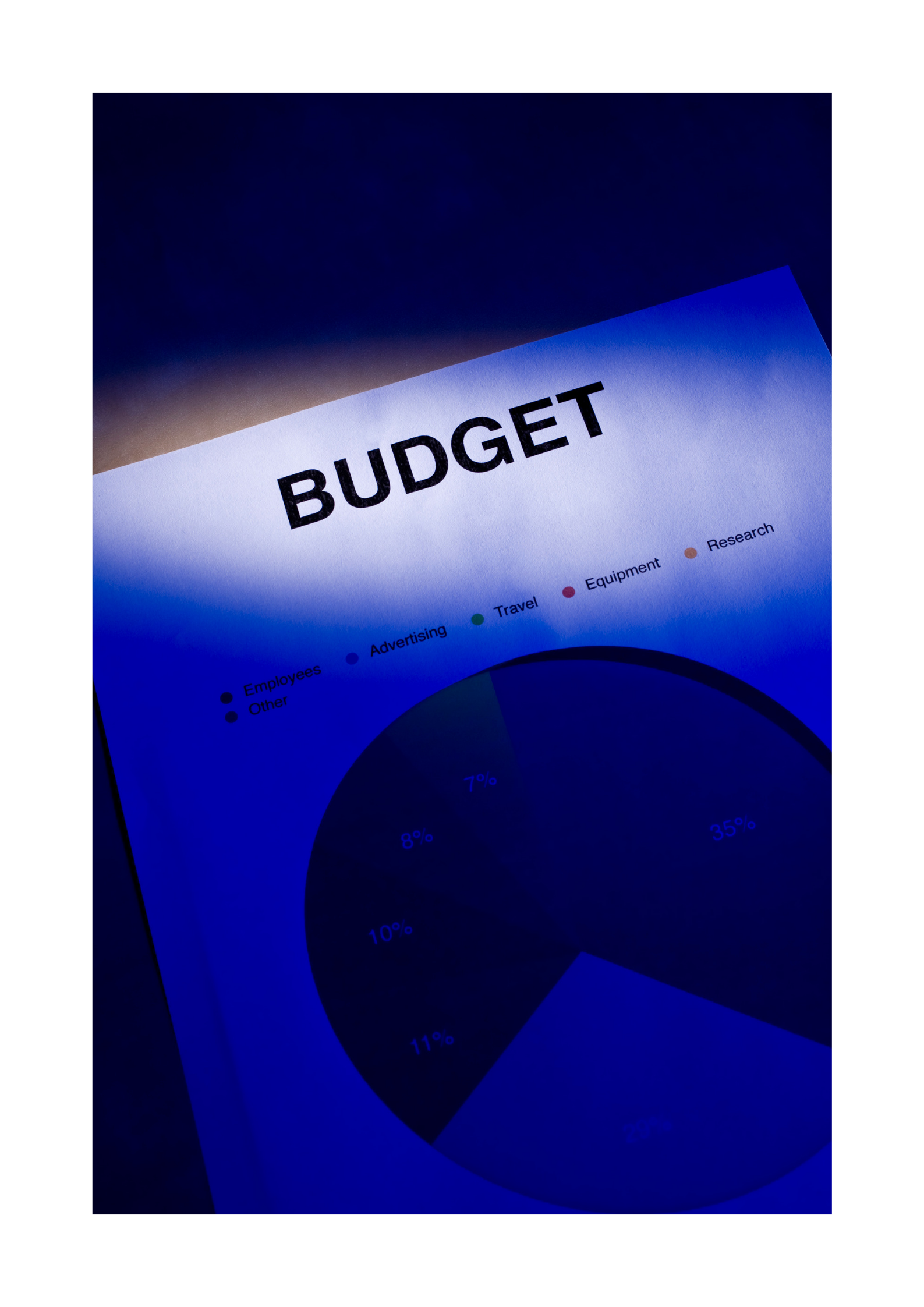Do you ever find yourself wondering why you’re not able to save more money, even though you make a decent salary?
If so, you’re not alone.
I have been there a couple of times myself and I know how much I struggled with this.
In fact, nearly 60% of Americans have less than $1,000 saved, according to a 2019 survey by GOBankingRates.com.
Oftentimes, it’s not that we don’t make enough money—it’s that we have bad money habits that are holding us back.
Here are bad money habits you must give up if you want financial freedom.
7 Bad Money Habits to Give Up
1. Impulse buying

A large percentage of us most of the time go all the way out to make unplanned purchases.
You catch yourself suddenly buying things off the shelf when you didn’t have any intention of buying them in the first place.
You probably bought it because you saw there were sales or someone bought it around you.
About 79% of us have made an impulse purchase of something we couldn’t afford, according to a 2018 study by CreditCards.com.
It’s very funny in that it can range from picking up a cup of coffee to buying high-end designer outfits you may never wear.
While there’s nothing wrong with treating yourself every now and then, if you’re doing it all the time, it quickly becomes a problem.
One way to combat this is to give yourself a 24-hour cooling-off period before making any major purchases.
This will help you determine whether you really need or want something and give your bank account a chance to recover from the shock of seeing a large withdrawal.
Also, you should always have a shopping list and shopping days.
That way, you’d have dedicated days for shopping and a list to go with.
There will be slim chances of going outside the list you have curated and that way you reduce buying unnecessarily.
2. Not tracking your spending
For you to be able to save effectively, you need to know where your money is going.
If you have no idea where your money is going each month, it’s going to be very difficult to save—and almost impossible to create a budget that works for you.
That’s why it’s so important to track your spending for at least a month so you can see where your money is actually going.
You’d be so surprised to realize that you spend way more than you imagine.
However, keeping track of your expenses will help you cut back on unnecessary purchases.
Once you know where your money is going, you can start prioritizing your spending and redirect money into savings.
There are lots of great apps and websites out there that can help with this, so there’s no excuse not to get started today.
3. Paying bills late (or not at all)

Outside the fact that paying your bills late or not paying them at all damages your credit score, you will also be spending more.
Late fees are those pesky charges that we get when we don’t pay our bills on time.
Late fees and finance charges can add up quickly.
If you’re struggling to keep up with your bills, talk to your creditors about setting up a payment plan that works for both of you.
They would much rather work with you than see you default on your payments, so don’t be afraid to reach out and ask for help.
4. Using credit cards for everything—even when you can’t afford it

Credit cards can be great when used responsibly but they can also be dangerous if you’re constantly using them to live beyond your means.
The credit card is not a means for you to go in to splurge on things you can barely afford to make a down payment for.
It is majorly to save you on necessaries.
If you’re only making the minimum payment each month or racking up late fees and finance charges, it’s time to reevaluate how you’re using your credit cards.
A good rule of thumb is to never charge more than 30% of your credit limit in any given month; otherwise, you’ll start paying interest on your balance (which quickly negates any rewards points or cash back you might earn).
And as tempting as it may be to transfer balances from one card to another with 0% APR offers, doing so can actually hurt your credit score in the long run—so resist the urge.
Be disciplined in how you use your credit cards to avoid financial liabilities.
5. Saying “I’ll save later”
Don’t roll your eyes.
Too many people put off saving for retirement or emergency funds until “later,” when they think they’ll have more money coming in each month.
But the truth is, there’s never going to be a “perfect” time to start saving—so the sooner you get started, the better off you’ll be in the long run.
If retirement seems like too distant a goal right now, focus on building up an emergency fund that can cover 3-6 months of living expenses; that way, if something unexpected comes up (like a job loss or medical emergency), you won’t have to go into debt just to stay afloat financially.
6. Using Credit Cards Without Cash Back Rewards

If you use credit cards without cash-back rewards, you’re basically leaving money on the table.
There are plenty of cash-back rewards credit cards available, so there’s no excuse not to take advantage of them.
With a cash-back rewards credit card, you’ll earn points for every purchase that you make which can then be redeemed for cash back or other rewards.
Just be sure to pay off your balance in full each month so that you don’t end up paying interest on your purchases.
7. Not Having a Budget

I deliberately put this point last so that you can take it with you.
This is the first and most important step to taking control of your finances.
A budget will help you track your spending so that you can make informed decisions about where your money is going.
Without a budget, it’s all too easy to spend without thought and end up in debt.
When you have a budget, you create a path for your money to flow.
You know the percentage of your income that goes to different parts of your life and you can decide on what to cut back on.
Your income is never too small for a budget.
So, get to work on your budget and decide where you want to push your money.
If you don’t know where to start, there are plenty of budgeting tools and resources available online.

Kindly Pin This
Bad money habits can sneak up on us without us even realizing it—and before we know it, we’re struggling just to keep our heads above water financially.
If any of these sound familiar, don’t despair.
There are lots of ways to break bad money habits and get yourself back on track financially speaking.
The most important thing is getting started today because the sooner you do, the better off you’ll be in the long run.
Breaking bad money habits can be tough, but it’s definitely worth it in the long run.
By taking steps to change your spending habits now, you can save yourself a lot of money down the road.
So what are you waiting for? Start working on breaking those bad money habits today.
How to Identify and Avoid Fake Friends
9 Life-Changing Mistakes You Should Never Make More Than Once in Your Life

